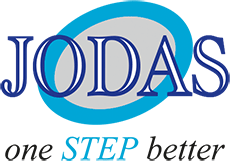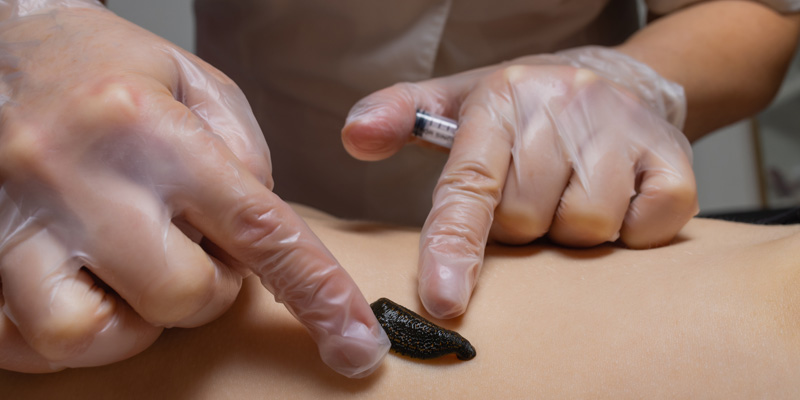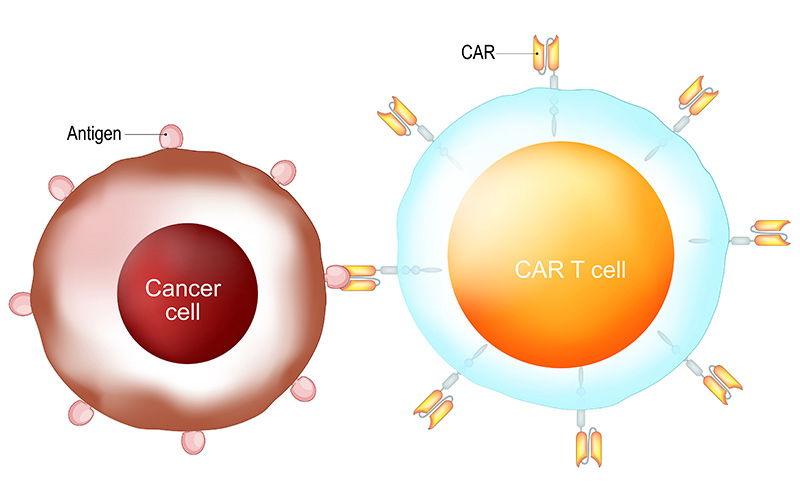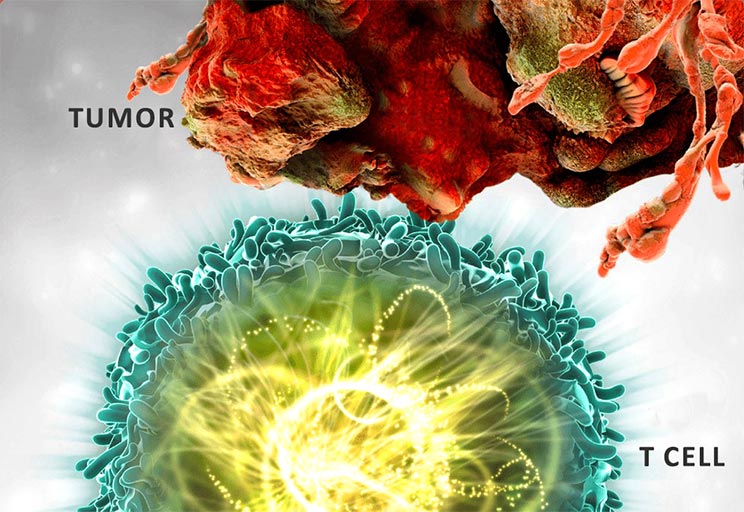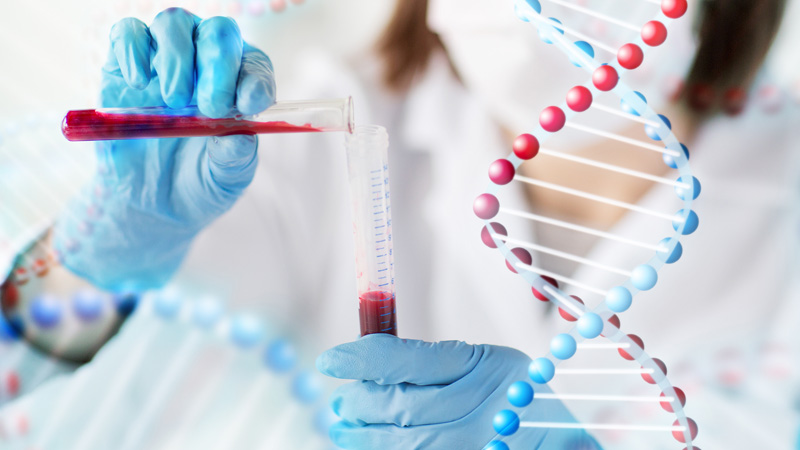
In this blog, our focus would be on autosomal dominant disorders and autosomal recessive disorders that can be cured with a gene therapy approach. Gene therapy has faced numerous obstacles and it took an extensive period of time for reaching up to the clinic from the research lab. However, continuous and rapid advancement in the molecular biology and genomics field set the stage to develop gene therapies for a range of inherited disorders. Because of the certain limitation of the application of drug and surgical treatment, some of the cardiovascular disease also needed gene therapy approaches. Though huge progress has been observed in the treatment of autosomal recessive disorders by delivering the normal exogenous genes that can restore the proper biological function of the affected or mutated gene. However, a similar outcome cannot be expected in the case of autosomal dominant disorder as precise differentiation is required between diseases/mutated alleles from that of healthy/unaffected alleles.

